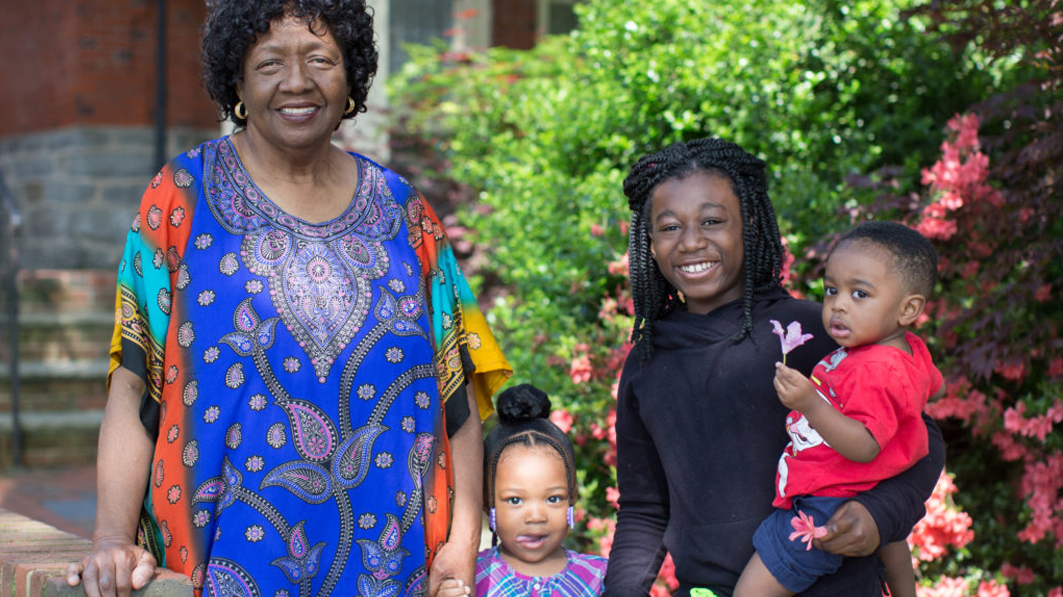Catholic Social Services (CSS), which operates a faith-based foster care agency in Philadelphia, is asking the U.S. Supreme Court to step in to protect the agency’s conscience rights pertaining to the nature of marriage. After decades of cooperation with the “City of Brotherly Love” in the placement of children in foster homes, CSS has been ordered by the city to work with same-sex couples, or cease its foster care work.
The history of discrimination against faith-based foster care and adoption agencies because of the proliferation of state and local sexual orientation and gender identity (SOGI) laws is well known. Boston, Washington, D.C., San Francisco, Buffalo, Syracuse, and the states of Illinois and Michigan are among the places where such agencies have been driven out of business by governments bent on outlawing religious beliefs regarding the nature of marriage.
Now let’s examine why foster-care agencies should be allowed to be run in accordance with their faith.
Foster care and adoption policy should be driven by the needs of children, not the desires of adults. Current statistics tell the story: There are approximately 400,000 children in foster care in the U.S.; over 100,000 of them are waiting to be adopted; and roughly 20,000 youths will age out of the foster care system every year. The need for both willing parents and capable agencies is great.
Forcing faith-based agencies out of business means there are fewer agencies working to place children in forever homes. And that means that fewer children will find their forever homes. That’s not in anyone’s best interest.
Same-sex couples are not prevented from fostering or adopting children by the presence of faith-based agencies. Same-sex parents are four times more likely than different-sex parents to be raising an adopted child. Faith-based adoption agencies account for a minority of the total number of agencies working in this field, and many, such as CSS in Philadelphia, are willing to refer same-sex couples to one of the many other agencies in the area who will work with them.
This is not an issue involving the “separation of church and state.” The First Amendment’s Establishment Clause does not prevent government agencies from allowing faith-based entities to participate in government-funded programs. Indeed, the U.S. Supreme Court has recently ruled that state and local governments would be discriminating if they denied such participation.
Faith-based agencies meet a need that other agencies do not. Many parents seeking to foster or adopt a child operate from a biblical worldview and want to partner with an agency that also holds comparable beliefs. Many birth mothers who need to give their child up for adoption also want to partner with a faith-based agency to find adoptive parents with similar religious beliefs.
Protecting the freedom of faith-based organizations to work in accordance with their values takes nothing away from anyone. However, when governments drive out faith-based agencies, only needy children are hurt. Fewer providers means fewer placements.
In the Philadelphia case, we won’t know for a few months whether the Supreme Court will accept it and schedule it for oral argument. It is an important case, however, in which the needs of children and the right to freedom of religion align in an important way. Pray that the Court takes on this important case.
The case is Fulton v. City of Philadelphia.
Related resources:
“’Equality Act’ Discriminates Against Faith-Based Adoption Agencies” – The Daily Citizen
“SOGI Laws: Trampling Privacy, Safety and Religious Freedom” – Focus on the Family
“Adoption, Foster Care, and Conscience Protection” – Heritage Foundation
Photo from Becket Law






